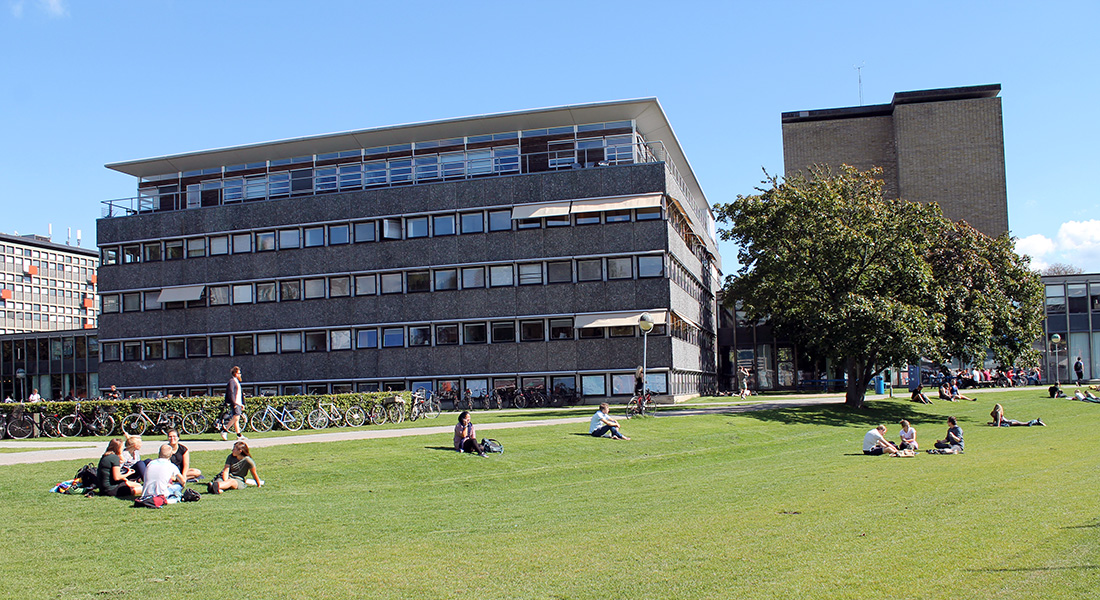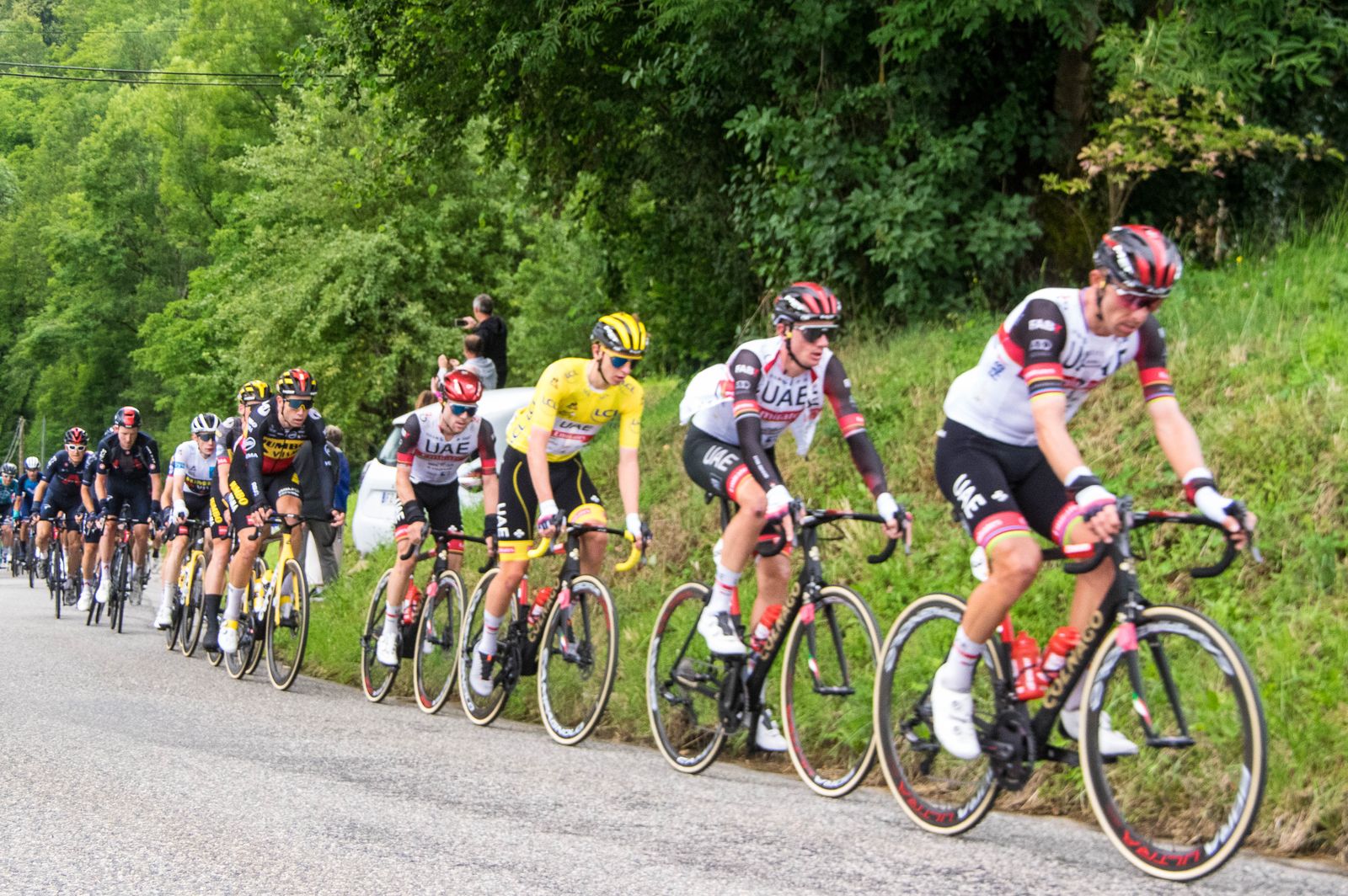Operator algebras, dynamics and groups - an ICM satellite conference

Copenhagen, July 1-4, 2022
The conference will bring together top researchers as well as early-career mathematicians in all areas of operator algebras with emphasis on applications to dynamics and group actions. The goal of the conference is to highlight the current status of the many directions that the field of operator algebras has taken, and to look at future challenges in the field.
The conference is a satellite event of the virtual ICM, July 6-14, 2022. The conference will also offer the possibility to the ICM speakers in operator algebras to deliver their ICM talk during the conference.
The 4-day long conference will start the morning of Friday July 1 and end early afternoon of Monday July 4. The conference program will include 25-30 talks. It is organized by the operator algebra group at the University of Copenhagen assisted by an international scientific advisory board.
Everyone is welcome to attend the conference. Registration has closed. Registration was required if you wish to attend the social events and lunches served during the conference.
Click on image to get full size.
This list is preliminary. More names will be added.
- Oren Becker (University of Cambridge)
- Adrien le Boudec (UMPA, ENS de Lyon)
- Bruno de Mendonca Braga (University of Virginia)
- Leonard Cadilhac (Sorbonne Université)
- Ionut Chifan (University of Iowa)
- Benoit Collins (Kyoto University)
- Marius Dadarlat (Purdue University)
- Cornelia Drutu (University of Oxford)
- Jamie Gabe (University of Southern Denmark)
- Shirly Geffen (KU Leuven)
- Cyril Houdayer (Université Paris-Sud, Orsay)
- Adrian Ioana (University of California, San Diego)
- David Jekel (University of California, San Diego)
- Nadia Larsen (University of Oslo)
- Damian Osajda (University of Wroclaw)
- Gilles Pisier (Texas A & M University)
- Sorin Popa (University of California, Los Angeles)
- Sven Raum (Stockholm University)
- Mikael de la Salle (UMPA, ENS de Lyon)
- Chris Schafhauser (University of Nebraska-Lincoln)
- Dimitri Shlyakhtenko (University of California, Los Angeles)
- Karen Strung (Czech Academy of Science, Prague)
- Stefaan Vaes (KU Leuven)
- Dan-Virgil Voiculescu (University of California, Berkeley)
- Stuart White (University of Oxford)
- Wilhelm Winter (University of Münster)
The program for the conference can be downloaded here: http://web.math.ku.dk/~rordam/OADG-2022/Program.pdf.
A booklet with titles and abstracts can be downloaded here: http://web.math.ku.dk/~rordam/OADG-2022/titles-abstracts.pdf.
All talks take place in Auditorium 4 in the HCØ (Hans Christian Ørsted) building at the mathematics department.
The auditorium has ample blackboard space and a beamer, and it is possible to use both beamer and blackboard.
Slides from lectures:
Thanks to a grant from the Carlsberg Foundation, there are (limited) funds available to support PhD students and postdocs who wish to attend the conference. Application for support will be integrated in the registration form.
Deadline to apply for support has passed.
Registration has closed.
Local organizers:
- Mikael Rørdam <rordam@math.ku.dk>
- Søren Eilers <eilers@math.ku.dk>
- Magdalena Musat <musat@math.ku.dk>
- Asger Törnquist <asgert@math.ku.dk>
Scientific Advisory Board:
- Narutaka Ozawa
- Sorin Popa
- Stefaan Vaes
- Wilhelm Winter
It so happens that Tour de France for the first time in its history will visit Denmark in 2022, see HERE for more information.

The first leg of the famous bicycle race version 2022 will take place in Copenhagen on July 1 (the same day as our conference starts) with a 13 km time trial, starting at 16:00 and ending around 20:00 The following two legs will also take place in Denmark, but not in Copenhagen. You can find the route of the time trial HERE. It passes fairly close to the math department, which is located in the white triangle in the upper part of the map next to where it says "Niels Bohr Bygningen".
Besides offering a unique spectacle, the race will affect the conference in some other ways: Traffic including public transportation will be hugely affected - more information about how to get around that day will be posted when we get close to the conference. Hotels will be more difficult to book (we have made a number of block bookings in different hotels, see the accommodations information above), and even travel could be affected, so don't wait to the last moment buying your ticket to Copenhagen.
For more information about the conference, contact Shabnam Abbasi at shabnam@math.ku.dk (for administrative questions including questions about accommodations) or one of the local organizers for scientific related questions) (see Organisers and Scientific Advisory Board)

